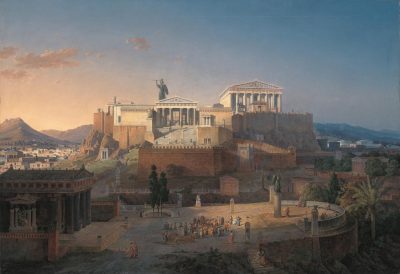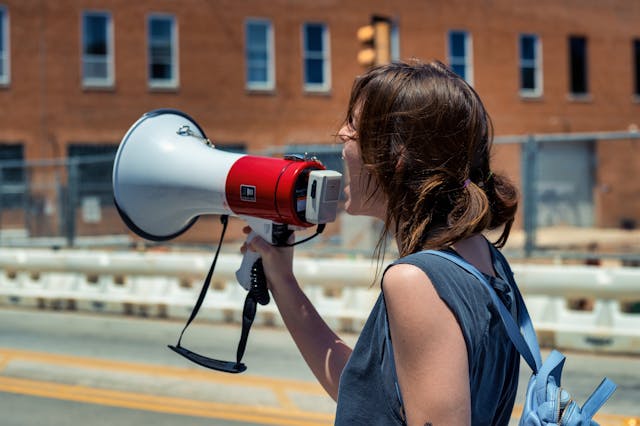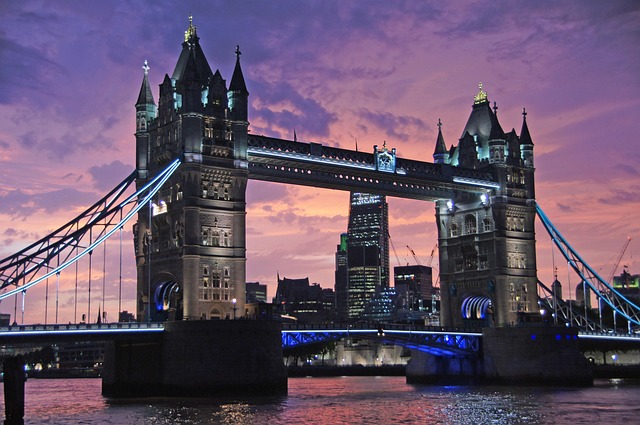
Today’s view of democracy is not about government by the people in general, but about a specific form of democracy. It is based on the principle that all adult citizens have the right to vote, and that society is governed by legislative and decision-making assemblies, with a legal system that guarantees law and order.
Older forms of democracy, such as the Athenian model, older Swiss systems or national assemblies based on the estates, are no longer considered to fulfil the requirements of a modern democracy. Not because they necessarily lacked democratic institutions, but because they excluded parts of the population from political influence – often based on income or property. At the time, this was seen as a way to ensure competent leadership, with the assumption that those with higher incomes or greater wealth would be better equipped to make decisions for the good of society. And that they also had a stake in the game.
Democracy and its enemies
Modern democracy, with universal and equal suffrage, was introduced in the 1920s in many Western countries. The new model was tested from the outset with communist and fascist parties using the system to win supporters. Either by standing for election themselves, or by sabotaging the culture of democratic openness with paramilitary groups that disrupted order and threatened opponents.
How should democracy actually deal with undemocratic forces? If they are banned or silenced, democracy will appear to be its exact opposite? It is a difficult dilemma. At the moment, parties with dissenting views are mainly countered verbally and more rarely with restrictions. What constitutes an undemocratic party is also a source of contention, as such labelling and accusations are often used in the political game. And it can be confusing for someone without deeper insight.
Same policies regardless of party in power
Our modern democracy faces many challenges. Those of us who grew up in this political system realise that democracy does not guarantee either freedom or the abolition of tyranny. No, democratic systems can be both confiscatory and intrusive, often blamed on some higher purpose or external enemy, but so did the tyrants of old, so nothing new there.
Many voters also feel that no matter which party they vote for, the same kind of social development continues. Those who voted for Obama and wanted change were probably disappointed when he continued the wars in the Middle East and escalated with further conflicts in Libya. The political line was fixed, and there was no change. His promises were nothing but lies.
This leads to the idea that politicians from both sides are in collusion with each other, and that there are really no sensible alternatives to vote for if you want to change the course of society. By all means, say the defenders of democracy, you can start new parties and thereby create change, it is completely in accordance with the system. The fact that it is extremely difficult and can take decades is not seen as a problem.
The ability to self-heal is often regarded as democracy’s greatest advantage, that you can vote out bad politicians. This assumes, of course, that politicians don’t have each other’s backs, and that they don’t work to a common political agenda.
Does my vote make a difference?
And even if we ignore political cartelisation, it seems that the citizens’ voice is slowly being devalued. Here we can take an example from the EU, where the President is nominated by a Commission whose members are also nominated, and the role of Parliament is to approve one of the candidates. It is a very long way from the ballot box to what happens in the political sphere. It doesn’t matter that all citizens can vote when the result of their vote is eroded. Or whether we can even trust that the ballots are counted correctly, something that worried voters in the 2020 US elections, and many felt the issue was not properly investigated.
Bribes and influence
The influence peddling and bribery of politicians and government officials are further problems in the democratic apparatus. The salaries of civil servants can never be compared with those of free enterprise, and many people in senior positions find it difficult to refuse gifts and payments for specific services. Often the payment comes after the person in question has left his or her post, usually in the form of high fees for simple lectures or seminars, so that at a quick glance it appears to be a customary fee.
The character of the politicians
Virtue is another problem, as it can be difficult for voters to know whether a candidate is worthwhile based on prepared interviews and speeches. We don’t know our politicians personally, and we can’t make a personal judgement on whether they have a good or bad character, or whether they will keep their election promises. And even politicians‘ election promises to certain groups of people can be seen as bribes, as they are often funded by taxpayers’ money, such as increased subsidies.
The character of the voters
And the personal qualities of voters are often forgotten. It takes informed and wise citizens to choose good leadership. And that’s where the idea of universal and equal suffrage really falls down, as even people who are careless with their finances can vote, as well as murderers, thieves and mentally unstable individuals. However, people often react very negatively to the removal of voting rights for certain groups.
As far as I know, the question of why misguided people should be able to participate in political life, and thereby spread their misguidedness, has never been debated in depth. Sometimes we hear that it can be difficult to filter them out, and that it becomes offensive, etc. A modern variant of the voting rights line could be based on self-sufficiency, that the right to vote is only given to those who can support themselves and do not receive high and lasting subsidies from the state. That they have served their prison sentences, that they are not treated for mental disorders, etc.
Critic of democracy
People who question democracy is often labelled extreme, because she threatens the current system with ideas that do not fit in. She will not be interviewed fairly in the mainstream media, she will not be exposed to the people, so that they can decide whether to vote for her or not. Democracy’s strategy against disruptive forces is often silence, isolation, and if that doesn’t help, vilification.
Now, anyone who has struggled through this text may come to the conclusion that the system we live in is not very democratic. And that’s not even getting into the workings of the media, most of which receive various government subsidies or grants from organisations that quietly demand that they follow a certain agenda. This is rarely recognised; the mainstream press is considered free and independent.
Many still believe that Western democracy is worth preserving anyway, as they can’t see any other options, most don’t want to think it through because such thoughts can be perceived as deeply unpleasant. And people do not want to be stigmatised or singled out if they come to the wrong conclusion, so they prefer not to think about it at all.
We should remember that criticising democracy is part of the democratic system. A state that does not dare to evaluate itself is prone to fall. The idea that we have achieved some kind of perfect system is false, and refers the mythological idea of the end of history. Moreover, changes to our democratic systems need not lead to bloody revolution or chaos. It does not even have to lead to a fundamental change in the overall idea of popular rule. There is room for calibration, fine-tuning but also extensive renovation work within the concept of democracy.







